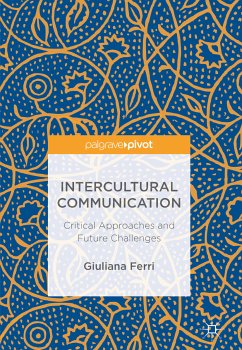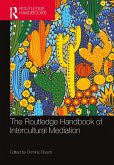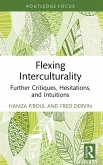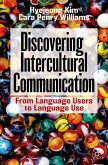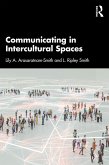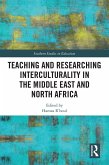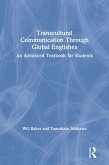'By eschewing a classic empirical intercultural education model and insisting on an in-depth philosophical reading of key thinkers in the field we have, at long last, the beginnings of a philosophy of intercultural Communication. This is a work of considerable importance.'
-Alison Phipps, OBE, UNESCO Chair in Refugee Integration through Languages and the Arts, University of Glasgow, UK
'With this book, Giuliana Ferri does the field a great service and provides us with an intercultural philosophy for our times.'
-John O'Regan, University College London, UK
'A refreshing, bold and deeply intellectual contribution to the ongoing debate about interculturality in language learning.'
-Gerdi Quist, University College London, UK
Drawing on interdisciplinary theoretical perspectives, this book critically examines intercultural theory and its interrelations with globalisation,education and dialogue in multicultural societies. Applying the ethics of Emmanuel Levinas, the author repositions intercultural communication within a new paradigm that challenges static interpretations of self and other, and suggests future directions for the development of a post-methodological framework based on the decentring of the researcher. This innovative work will provide researchers and language teachers with the critical tools needed to challenge instrumentalist approaches to communication in a diverse global context, characterised by conflict and fear of the other and fresh insights to scholars of education, applied linguistics and sociology.
Giuliana Ferri is a Senior Lecturer in Early Years Education and Education Studies at the University of West London, UK.
Dieser Download kann aus rechtlichen Gründen nur mit Rechnungsadresse in A, B, BG, CY, CZ, D, DK, EW, E, FIN, F, GR, HR, H, IRL, I, LT, L, LR, M, NL, PL, P, R, S, SLO, SK ausgeliefert werden.

